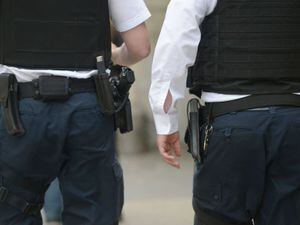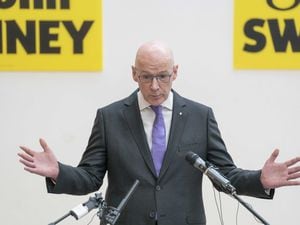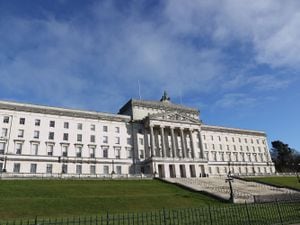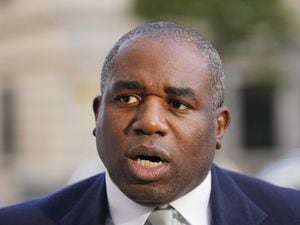Just two thirds of British public have confidence in police, global study shows
The UK ranked in the bottom half of more than 20 countries for confidence in police and Parliament.

The UK ranks among the bottom half of countries for confidence in the police – while confidence in Parliament has halved in recent decades, according to a global survey.
Just two thirds (67%) of the British public who were polled said they had a great deal or quite a lot of confidence in policing, down from 87% in 1981.
The analysis of more than 20 countries by the Policy Institute at King’s College London (KCL), was carried out as part of the World Values Survey (WVS) – one of the largest and most widely used academic social surveys in the world.
The latest UK data was collected in 2022, coming before a damning review which found Britain’s biggest police force is institutionally racist, misogynist and homophobic was published.
The report by Baroness Louise Casey earlier this month found the Metropolitan Police has failed to protect the public from officers who abuse women, organisational changes have put women and children at greater risk and female officers and staff routinely experience sexism, while there are racist officers and staff and a “deep-seated homophobia” exists in the organisation.
In the latest World Values Survey, the UK ranks below countries including Iran and China when it comes to public confidence in the police.
Just over a fifth (22%) of people surveyed said they had a great deal or quite a lot of confidence in Parliament – again ranking in the bottom half of countries and coming second-last in Europe, above only Greece.
KCL said the most recent results show a clear split in views, with the pre-war generation (34%) and so-called baby boomers (28%) more likely to have confidence in Parliament, and younger millennials (17%) and Gen X (19%) less likely to.

Perceptions of Parliament were at their most positive in 1990, when 46% of the British public said they had confidence in it.
This halved by 2009 and rose again to 32% in 2018, but confidence has now fallen back to its historic low of 23%.
The British press does not fare well in the survey, with just 13% of people saying they have a great deal or quite a lot of confidence in it.
Of 24 countries, only people in Egypt (8%) have less confidence in the press.
This perception of the press has been similar since around 1990, KCL said.
By last year, the public were far more likely to say they had confidence in the EU (39%) than in either Parliament (23%) or the Government (24%).
Professor Bobby Duffy, director of the KCL Policy Institute said: “The UK has long prided itself on the strength of its institutions – but the British public are not as convinced as they once were, and we are now more negative than many other countries.
“Confidence in Parliament has halved since 1990; we’re among the least likely of more than 20 countries in the study to have confidence in the Government; confidence in the police has fallen sharply, particularly in London; and only Egypt has less trust in their press.
“Some institutions fare better, with our courts system relatively highly rated, and the civil service coming out much better than our political institutions. Our confidence in the EU has also bounced back post-Brexit, and now we’re much more likely to have confidence in it than our own Parliament and Government.
“These trends matter. The pandemic showed how much we rely on public co-operation in times of crises, with confidence crucial to that, and the review of the Met police concluded ‘public consent is broken’. We need to work hard and quickly to shore up public confidence.”





